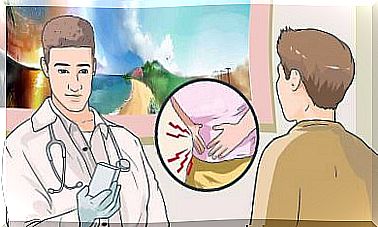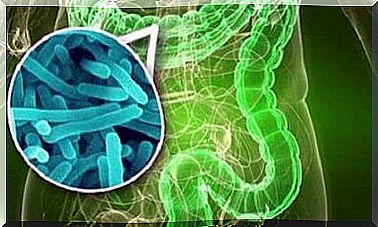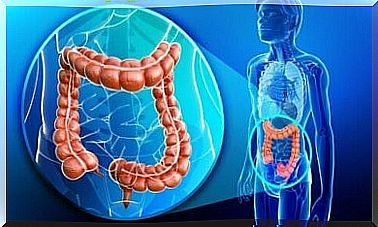7 Signs Of Emotional Poisoning

In this article, we talk about emotional poisoning, which can be a sign of stress, anxiety, and depression.
“I feel vulnerable, nervous and upset easily, and sometimes it makes me feel like leaving everything behind and escaping. My mood can change from interested to indifferent in a fraction of a second, and just as quickly I may want to finish a project that used to seem boring and awkward.
I live in a constant roller coaster of emotions. I laugh and cry, and I may suddenly get nervous in unpredictable situations. It’s hard for me to separate my past experiences from the present moment and the sorrows of the present, and uncertainty dominates my life.
I constantly react with exaggeration and extreme feelings to many situations and it is difficult for me to express my thoughts and feelings clearly – I suffer immensely from this. I don’t feel comfortable with anyone and sometimes it feels like I’m drowning and I just want someone to grab me by the hand and pull me out of the water… ”
7 signs of emotional poisoning
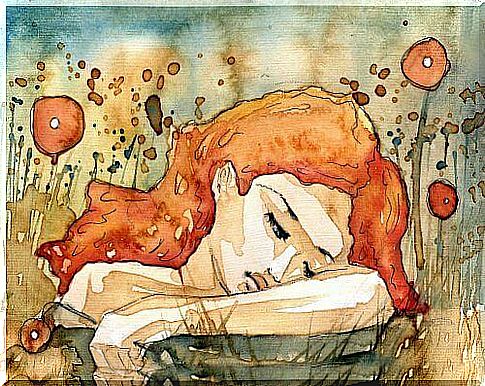
Many of us recognize changes in our emotions and physical condition caused by external factors. For example, drinking alcohol and hops transforms our sensory experience, increases our heart rate, and slows down our ability to react. But can you interpret the signs that arise from emotional poisoning?
If you are currently going through an awkward phase of life that is causing a heavy mental burden, it is very likely that you have not properly encountered and “cleansed” your feelings. Emotional poisoning and its negative consequences result from heavy workloads, such as stress or personal problems, and from not having enough time to deal with emotions and take care of oneself.
1. You are constantly on the defensive
Emotional poisoning leads to aggressive defenses against other people. Man interprets situations through the negative and protects himself from those things that he finds harmful to himself.
When emotions take over, we can experience the behavior or harmless words of others as an attack on ourselves and react to this in extreme ways.
Exaggerated reactions result from the fact that our self-confidence has shrunk and we are constantly threatened and vulnerable. Our feelings are blocked and we focus only on negative things, and we let every little thing affect ourselves.
As a result, we turn the words and intentions of others in our heads into negative ones and react aggressively because we believe that others are trying to hurt or irritate.
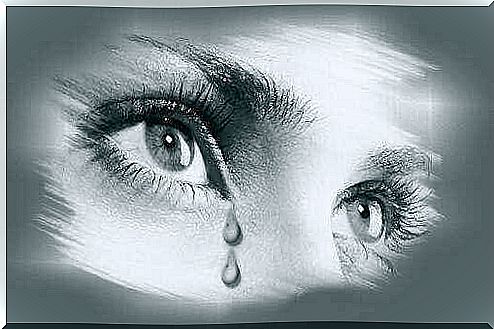
2. The experience of the world is changing
It is quite possible that you will experience everything in your life and in the world through a poisoned lens and not be able to listen to others or yourself. You lose your former self and the experience of the world becomes negative and frightening.
Nervousness, impatience, and uncontrolled emotional reactions stem precisely from this changed experience and perspective.
3. You are extremely critical
If someone in your immediate circle suffers from emotional level poisoning, it can be difficult to spend time with him or her as he or she builds a wall around him or her with his or her criticality and inflexible attitude.
When emotions are poisoned and the picture of the world is distorted, one wants to keep everything under control and is unable to compromise or look at things from the perspective of others. If you notice this trait in yourself, try to get rid of it and try to be kind to yourself and others.
4. Uncertainty bubbles on the surface
If you suffer from emotional poisoning, insecurity is a constant part of everyday life and can control everything you do. You overreact to everything and defend yourself even when there is no need for it.
Your self-confidence may have been completely lost and you will feel naked and vulnerable. Even the slightest wrong word will make you angry and sad. You feel weak and unable to properly understand your feelings, who you are and what you can achieve with your abilities.
As a result, you may cling to people who stay by your side, protect you, and satisfy all your needs. However, clinging is a detrimental phenomenon that often leads to imbalances in human relationships. You should actively strive to restore self-confidence and mental independence.
5. You feel exhausted
The mental burden can be so great that you feel physically exhausted, tired, and powerless. You don’t feel able to get over your burden.
When your vitality disappears, you may dig under the cover and not be able to do anything or see anyone. Getting to work is hard, and nothing interests me. You can’t even wash dishes or put food. You feel lost. It takes a lot of physical and mental effort to make decisions and stay involved in conversations and daily chores.

6. Clogged emotions make life difficult
When emotions take over from life, it’s hard to filter out emotional reactions to things and people. The result of this is that our ability to communicate with others, make decisions, and evolve becomes difficult and sometimes even impossible. We constantly find ourselves in situations where we react inappropriately or are unable to react at all.
Emotion poisoning interferes with the thought process, you may rumble about things without thinking about what you are saying and you may have a hard time understanding what is going on around you. Concentration and memory work in menus. You draw quick conclusions from the words of others, which leads to frustration and deepening of emotional problems.
A good guide to dealing with emotions and the thought process is the words of the Chinese philosopher Confucius: “Always keep your head cold and your heart warm.”
7. It is difficult to let go
When the emotional level is poisoned, it is difficult to see things objectively and all the changes feel great. You may have a hard time letting go of people or things, even if they cause pain. You may get stuck in a dysfunctional relationship, which only makes your overall condition worse.
The dominance of emotions means that we are afraid of losing things in our lives. We fear the emptiness that follows loss and change.



